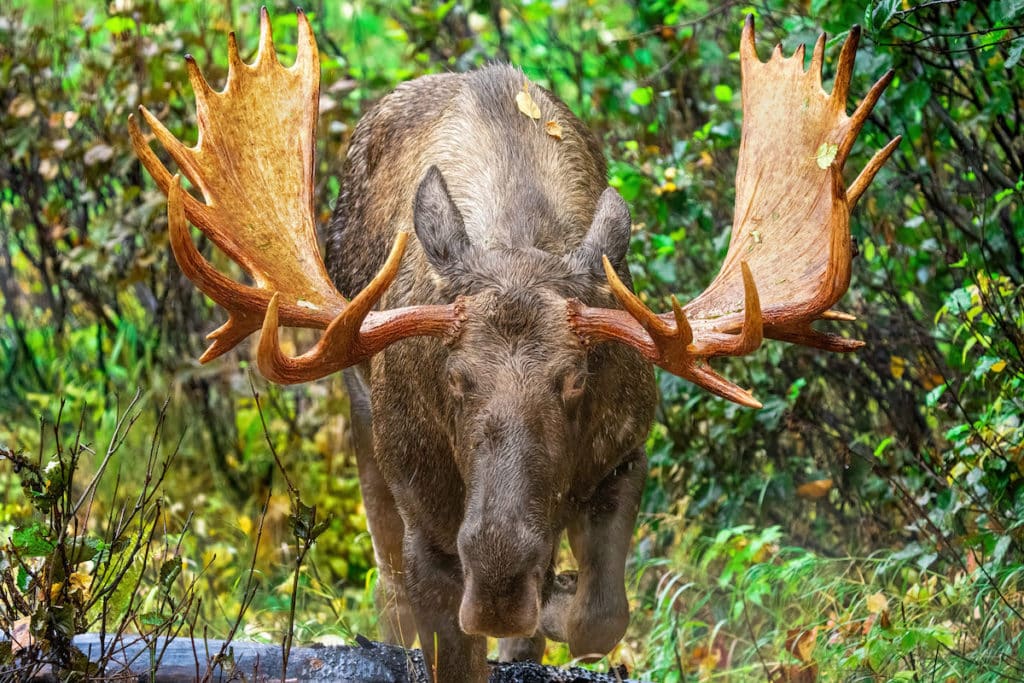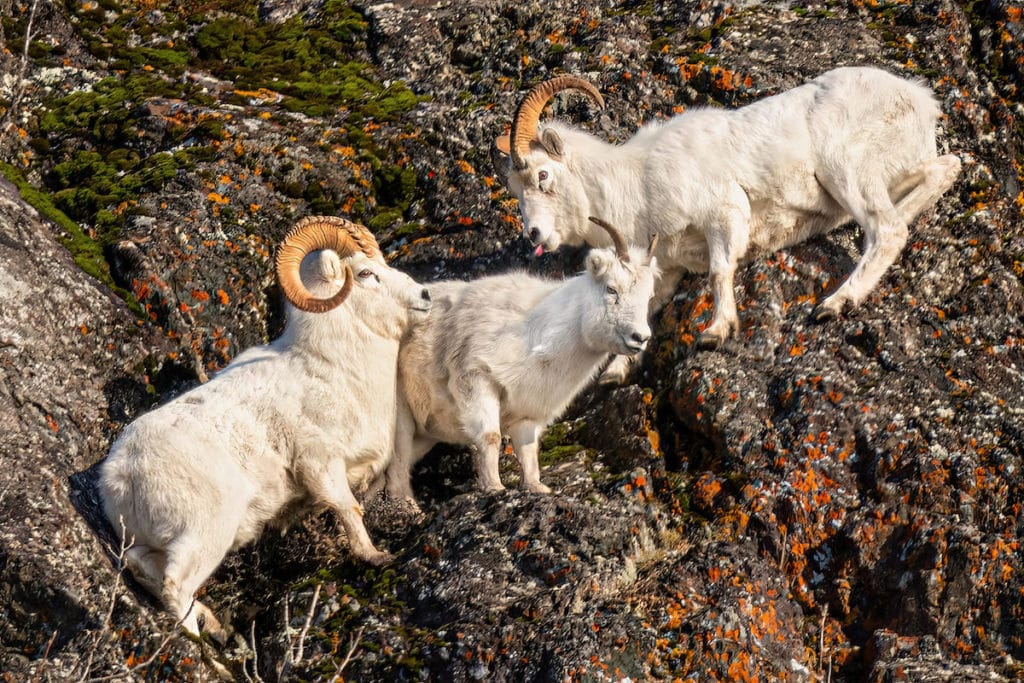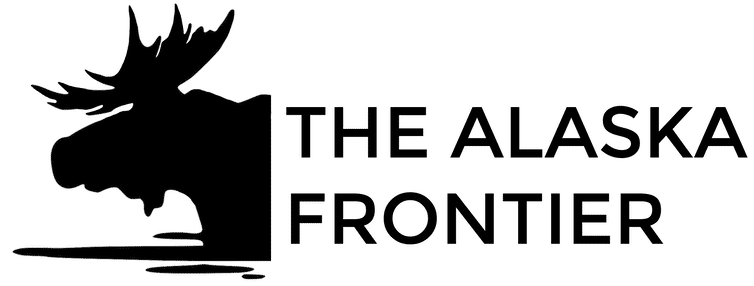If you are an aspiring hunting guide and want to guide in Alaska you may be asking questions about training and how to get certified.
In this post we will answer those questions. Working in the outdoor industry is a rewarding pursuit. Good personal skills, work ethic, and knowledge of the animals you are pursuing will set you up for success.
Applicants for a guide license must:
- Be over 18 years old
- Have 60 days of relevant hunting experience in 2 years with 30 days under the direct supervision of a guide
- Hold a current first aid certification
- Pass background checks
- Receive a favorable recommendation from an outfitter
If you are looking into how to become a hunting guide in Alaska you do not need to go to a hunting guide training course (you can if you want).
This post will cover the requirements to become an assistant guide, a registered guide and make some guide school recommendations!
How To Become An Assistant Hunting Guide In Alaska

To become a hunting guide in Alaska you must first work for a hunting outfitter for at least two years and log a minimum of 60 days of on the job training as a packer doing “guide related duties”. 30 of those days must be under the supervision of a licensed guide.
During the required 60 days of experience you will learn how to interact with the clients and how to guide well from other guides working for the outfitter.
Once the outfitter sees that you are ready to become a guide you will get signed off to apply for certification as an assistant guide.
The minimum age for an assistant guide is 18 years old.
Applicants must hold a current first aid certification through a recognized medical organization. There are several legal requirements under AS 08.54.605 that need to be considered before applying for certification.
You must fill out the application for certification and pay the required fees, get it notarized and send the application in to the Big Game Commercial Services Board. Additionally, you will be required to report legal background information in the application.
Once you are certified as an associate guide you can work for an outfitter as a guide, but can not become an outfitting business or contract with your own hunting clients.
The cost of the application is $200 and the biannual license is $410 ($820 for a non-resident).
Working For An Outfitter For Experience Vs Guide School
“Guide school? I thought that was called working as a packer.” This is a quote from an industry professional on a forum where the question about a guide school came up.
Compared to other states, Alaska is geared toward young guides learning the skills they need from an outfitter or another guide. On the job training is very practical and will teach you what you need to know to be successful.
The only exception made in certification for actual on the job training is 10 less days of experience working for an outfitter to qualify for a license.
To get this type of on the job training you must make connections with outfitters and find opportunities to work for them as a packer. You should contact them early in the season (beginning months of the year) to show them you are really serious about working for them in the coming hunting seasons.
Ask lots of questions to be sure you will have opportunities for relevant experience that will count toward your guide qualification.
There are a few perks to on the job training as well. One is making connections (which in every industry is a huge bonus), the next is real life experience that will pay dividends on future opportunities, and finally many outfitters compensate their packers.
Instead of paying for a few days or weeks of training, you are taught the workings of the business and get some compensation for the value you bring while you are at it.
If you have no relevant outdoorsmanship skills or related hunting or packing skills it may help you to invest in some training, we will list a few options later on.
How To Become A Registered Hunting Guide
After working as an assistant guide for a minimum of three years and 125 total days you can become a registered guide in Alaska and contract with your own clients as an outfitter.
The registered guide is required to submit an application ($200), pass an examination ($145) and purchase a license ($850 for residents and $1,700 for non-residents). You are also required to pay $400 for each unit you plan to hunt.
According to the application, you must have been “favorably recommended in writing by eight big game hunters, including at least two favorable recommendations for each year of any three years during which the person was a Class-A Assistant Guide or Assistant Guide.” Again you must report your legal background, pass the background check, and complete the notarized or postmaster stamped application. You still must have a current first aid certification as well.
What Is An Alaska Master Guide
After 15 years of experience as a registered guide, and over 30 documented clients who will give you a positive written recommendation for licensure, you can become a master guide.
You have no additional capabilities, just recognition as a standup service and professional outfitter!
There is an application, and there are fees required for this license. The application is $200 and the fee for the biannual license is $850 for residents and $1700 for non-residents.
Hunting Guide Courses and Schools
While it is not required, there are multiple options for western big game guiding courses. State endorsed courses only count for 10 days of the 60 day experience requirement with an Alaskan outfitter, but may help outdoorsmen with some of the necessary skills that could benefit them on the job as a packer.
Unfortunately the Alaska based and state approved guide schools seem to no longer be operating even though they are still listed on the Alaska Big Game Commercial Services Board website.
One of the endorsed businesses has sold, the other no longer has an active guide school page on their website. Alaska does have some characteristics that are different from other states, but much of the camp, horsemanship, client relations, and hunting tactics are going to be very similar.
Royal Tine is based in Montana and has multiple guide and packer course options to choose from. Additionally, they offer cooking and long range shooting courses for some extra expertise. Some of their graduates have ended up working as guides in Alaska.
Northwest School for Hunters is based in Washington and Oregon and offers an extensive hunting guide training program as well as a survival training course. This is a six week program where you will be working with accomplished guides and learn about the necessary skills for operating as an outfitter and guide.
The Yukon Guide School is likely the most related to hunting in Alaska, but is based in the Yukon Territory just across the Alaska border into Canada. They prepare their students with real life training in the wilderness with emphasis on Stone and Dall Sheep, Yukon/Alaska Moose, Mountain and Barren Ground Caribou, Black and Grizzly Bears.
Becoming A Hunting Guide In Alaska

In summary, Applicants for a guide license must be over 18 years old, over a two year period will need 60 days of relevant hunting experience, 30 of which must be under the supervision of a guide/outfitter, must hold a current first aid certification, pass background checks, and receive favorable recommendation from an outfitter.
Whatever your plan is for receiving experience and knowledge, we encourage you and thank you for trying to be involved in an industry Alaska has been known for over the decades.
We value people that are committed to professionally serving the tourism and wildlife industries of this great state. Continue to work hard, make the connections needed, and in a few years you will be well on your way as a guide.
Evan Grimm is a freelance writer based in Fairbanks Alaska. He is a husband, father, certified pilot, and committed outdoorsman. He runs a digital marketing business that serves service-based businesses and is heavily involved in non-profits helping people in remote places of Alaska with construction and mechanical services.
